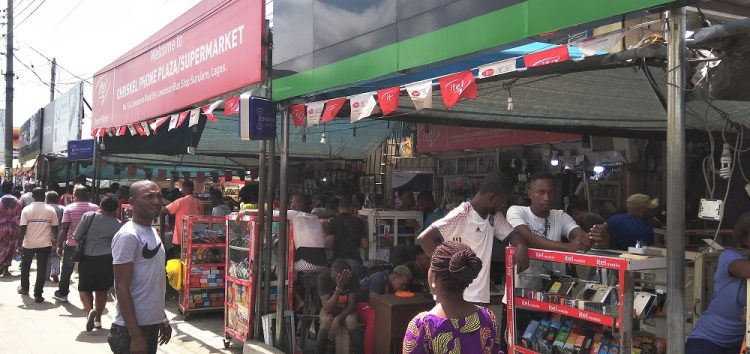Nigeria’s mobile phone market dips 12.5% in Q1 on Covid-19 concerns
June 16, 20201.9K views0 comments
By Omobayo Azeez
Nigeria’s feature phone shipment market suffered a 12.5 per cent quarter-on-quarter decline in the first quarter of 2020 owing to the impact of the coronavirus pandemic, latest data from the International Data Corporation (IDC), global technology and consulting services firm, have shown.
IDC’s Worldwide Mobile Phone Tracker also shows that smartphone shipments declined 13.6 per cent over the same period, with demand for both types of devices hit by cautious market sentiment in the wake of the COVID-19 pandemic.
Read Also:
From a supply perspective, the December 2019 pre-orders combined with existing inventory to cushion the market from any severe shortages in Q1 2020, the report stated.
Feature phones remain a major part of Nigeria’s mobile phone ecosystem, accounting for 56.0% share of all devices shipped in Q1 2020.
Feature phones are preferred as secondary phones since they offer longer battery life, radio, and network access in rural areas where 4G infrastructure is underdeveloped.
The major players in the country’s feature phone space in Q1 2020 were Tecno with 46.6 per cent unit share, Itel with 30.8 per cent, Nokia with 13.0 per cent, and Bontel with 6.9 per cent.
The market’s Chinese players continued with aggressive marketing and branding activities that helped them to retain notable market shares despite the supply issues thrown up by the pandemic.
Transsion brands, that is Tecno, Itel, and Infinix, dominated the smartphone space in Q1 2020, accounting for 76.8 per cenr of all shipments for the quarter.
Samsung held the second-biggest unit share at 7.2 per cen while Xiaomi and Huawei followed with respective shares of 4.9 per cent and 3.2 per cent.
“The Chinese brands continue to offer more models in the entry-level and mid-range price bands, with devices going for less than $200,” says George Mbuthia, a research analyst with IDC.
He further noted that competition is a major driver of this downward trend in average selling prices, a trend that has catalyzed smartphone adoption in the market.
“Despite seeing its share drop by 3 per cent, Transsion’s Tecno brand continued to lead the way in Q1 2020, with its Spark 4 and Camon 12 models proving popular.
“Samsung also remained competitive in Q1 2020 as its A-series models offer superior specifications and are affordable for most consumers, he said.
Looking ahead, IDC expects the Nigerian market to see a further 15.7 per cent QoQ decline in overall mobile phone shipments in Q2 2020 as the lockdown of major businesses that started March 26 and further measures aimed at curbing the spread of COVID-19 continue to have a negative impact.
“Distributors remain reluctant to keep large inventories as they look to avoid bonding more capital amid an economic slowdown with a fluctuating Naira and declining oil prices.
“The lockdown has also led to loss of income on the consumer side, which will translate into low spend on mobile phones,” says Ramazan Yavuz, a senior research manager at IDC.

